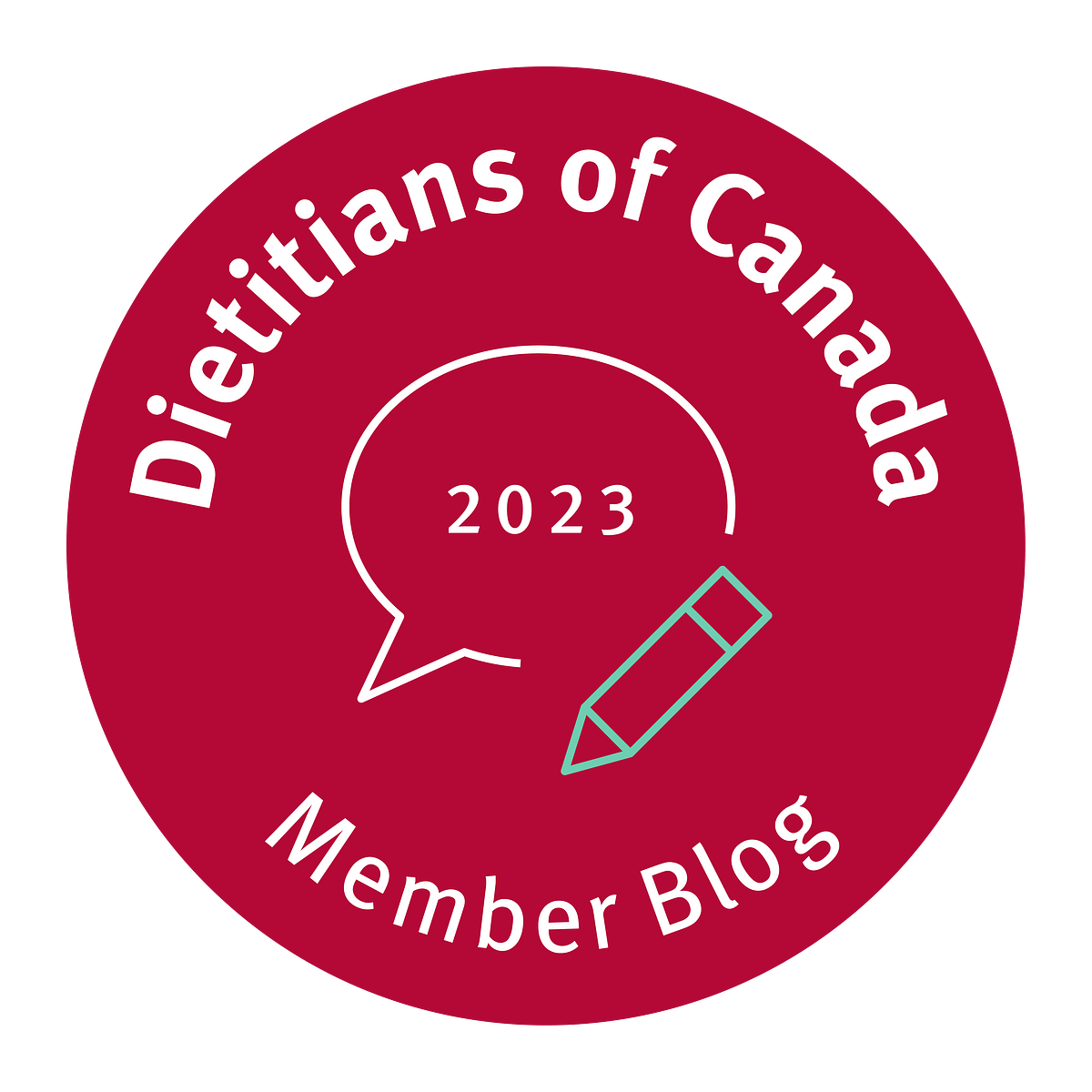
Our attitudes towards weight and obesity may be unknowingly biased. This needs to change – not just by primary care health professionals, but also by us.
In a presentation about the new Canadian Adult Obesity Clinical Practice Guidelines, one of the lead authors Dr. Sean Wharton emphasized the importance of recognizing our internal biases against people who are overweight or living with obesity. Wharton challenges health professionals to check their attitude. I think this exercise is valuable for all of us.
Take a look at the three questions below and answer them honestly. The first step in reframing our attitudes is recognizing our own biases.
- Do you assume a person’s health characteristics, behaviours and abilities are based on their body size, weight or shape?
- Reframe your attitude: People come in different sizes and shapes. Body size, weight and shape are not directly associated with a person’s health, work ethic, willpower, intelligence or skills.
- Do you think that everyone with a larger body size or a higher Body Mass Index has obesity and needs to lose weight?
- Reframe your attitude: Obesity is a chronic disease where abnormal or excess body fat impairs health. Body Mass Index (BMI) is an indicator of body size and not an indicator of health. Not everyone with a large body size or high BMI has obesity.
- Do you believe people with obesity are personally responsible for their condition?
- Reframe your attitude: Obesity management isn’t just about eating healthier and being more active. There are many factors beyond a person’s control – such genetics and environmental factors – that can contribute to obesity.
Let’s work to let go of our attitudes. These new Guidelines are just the beginning.




